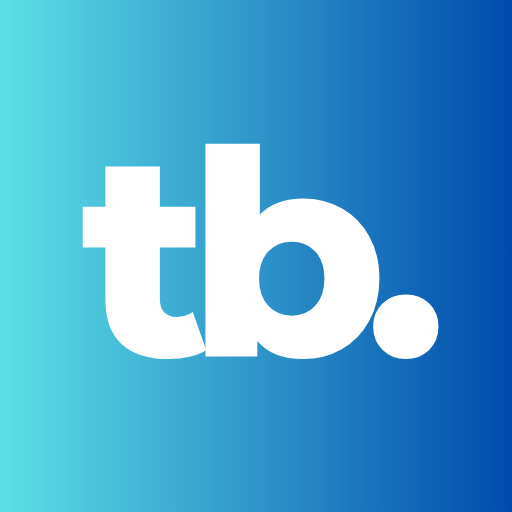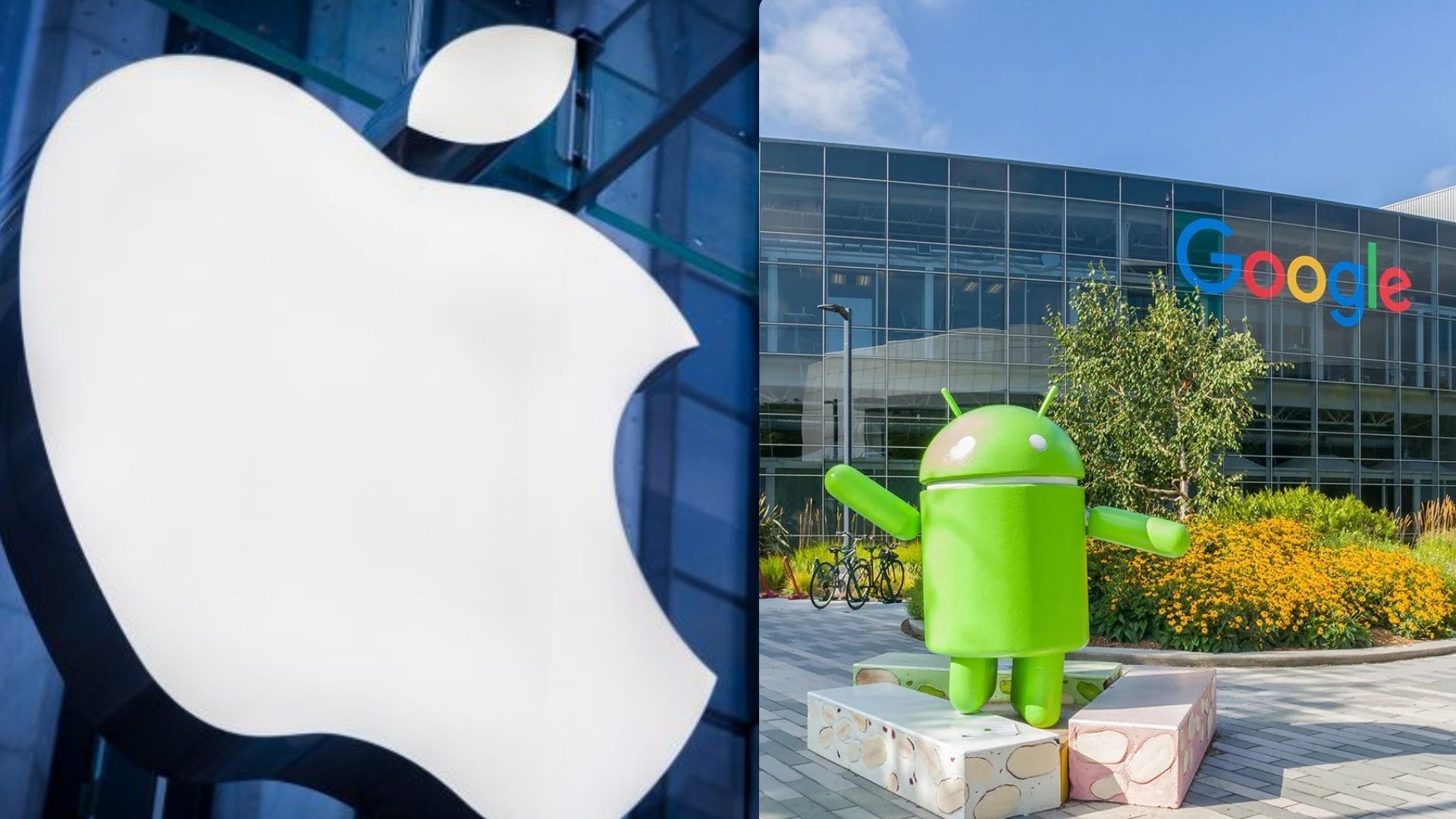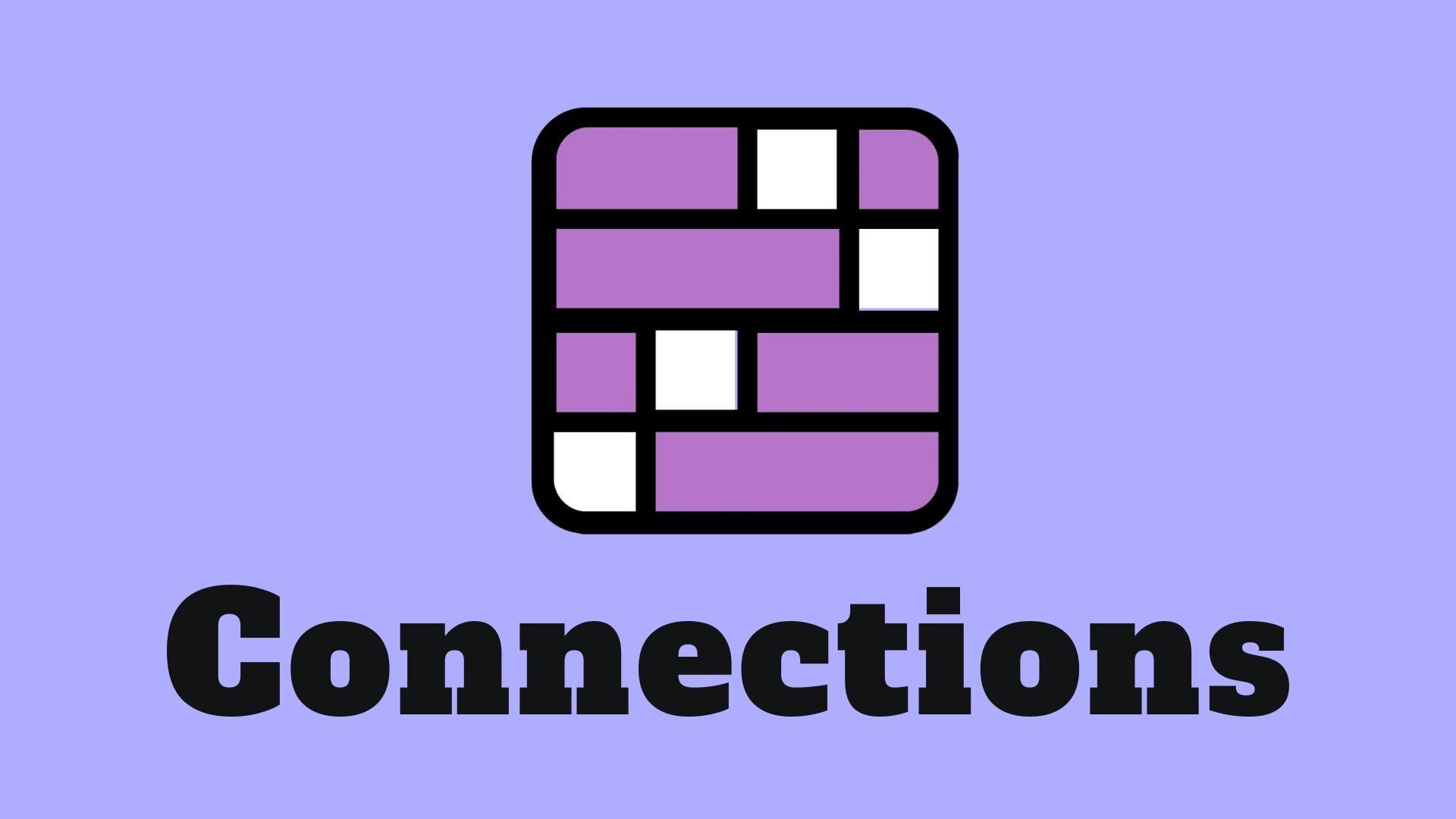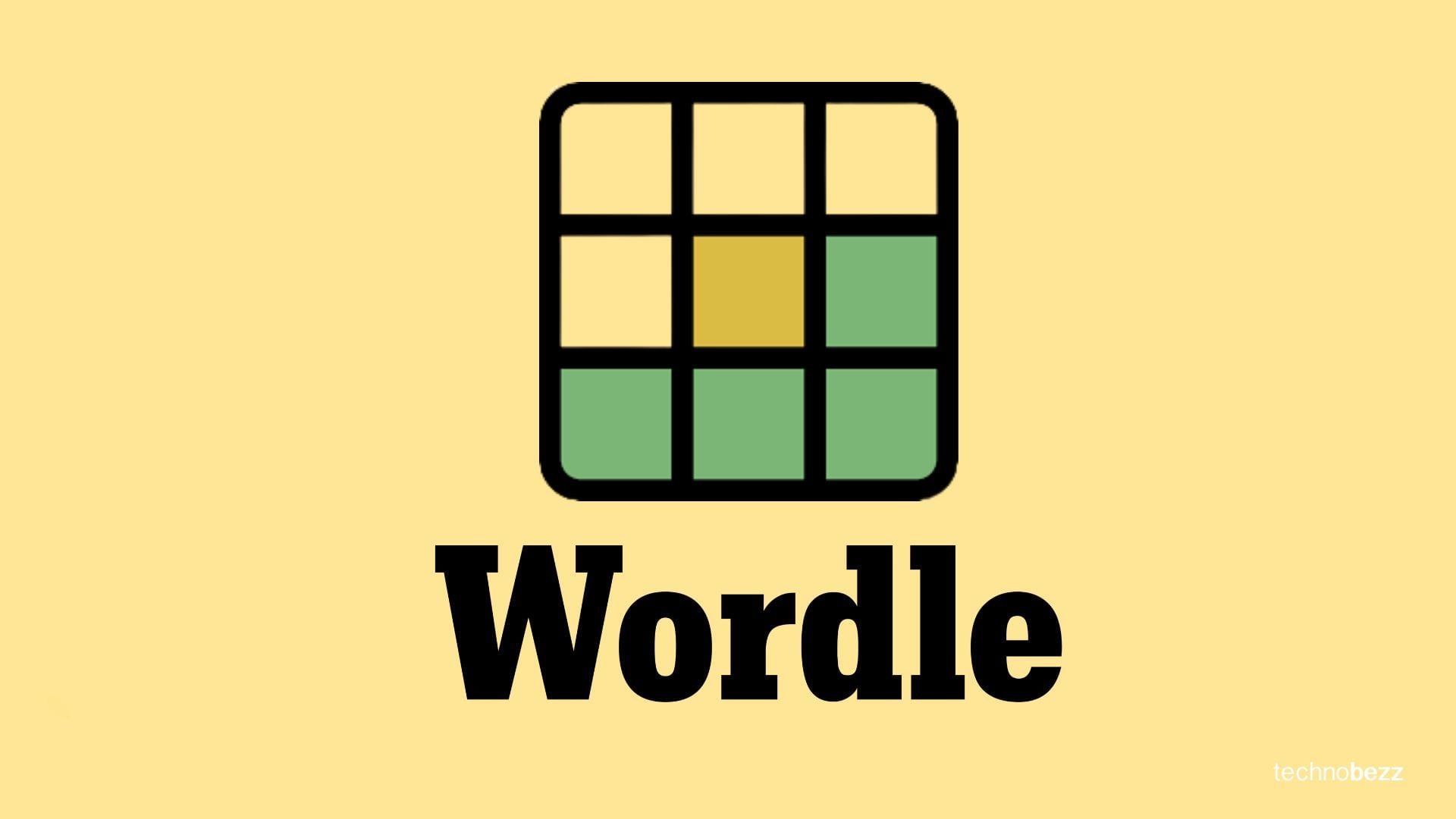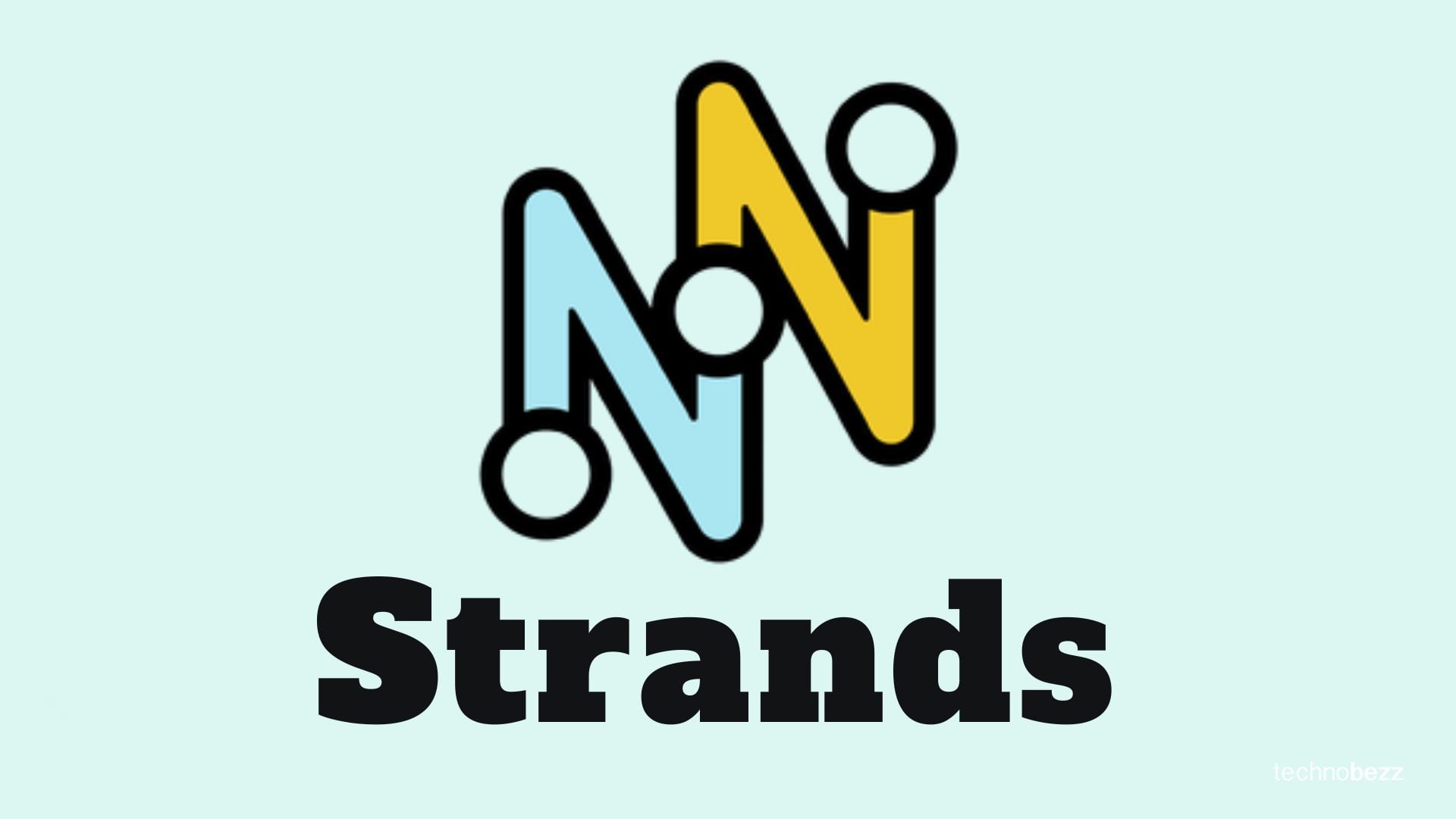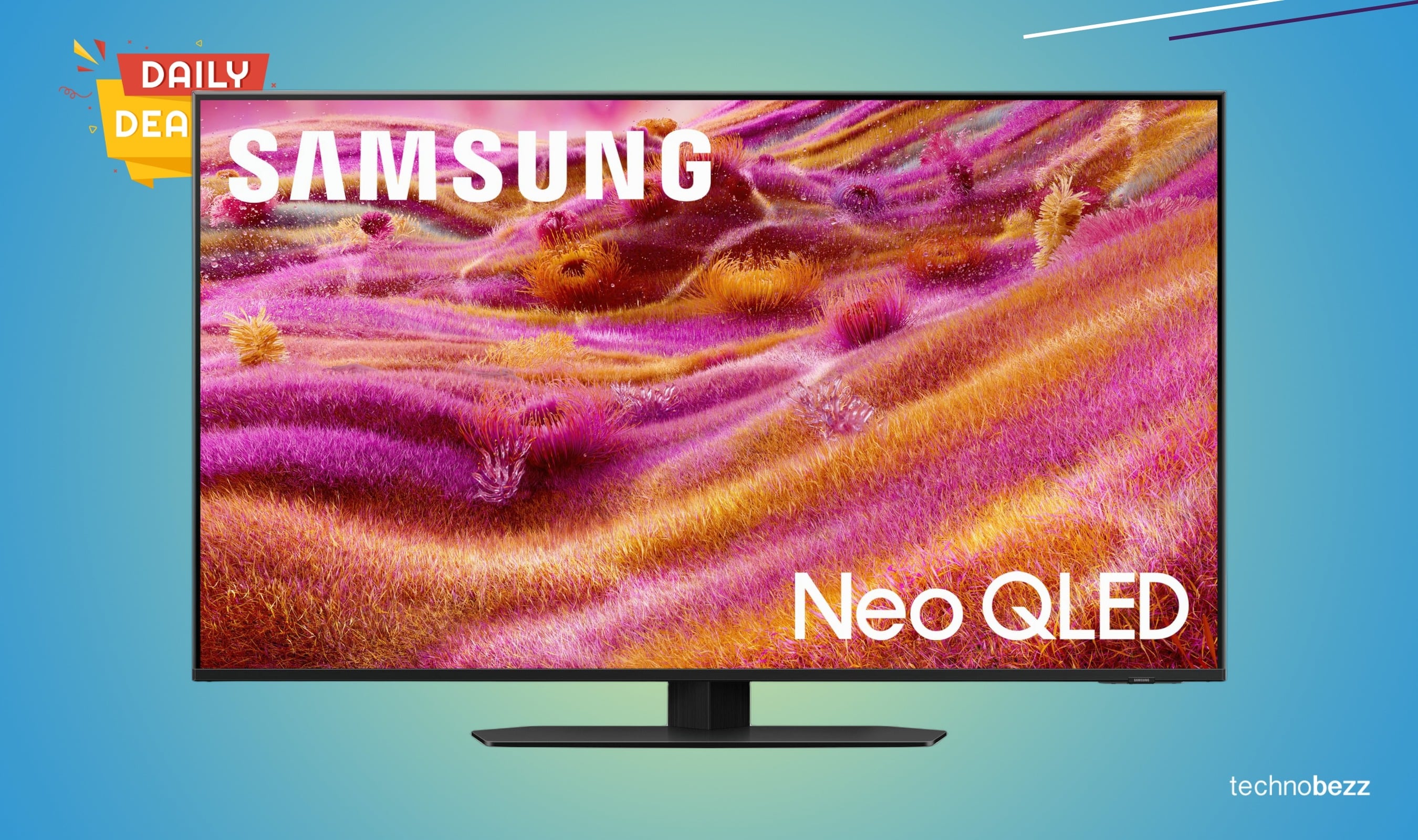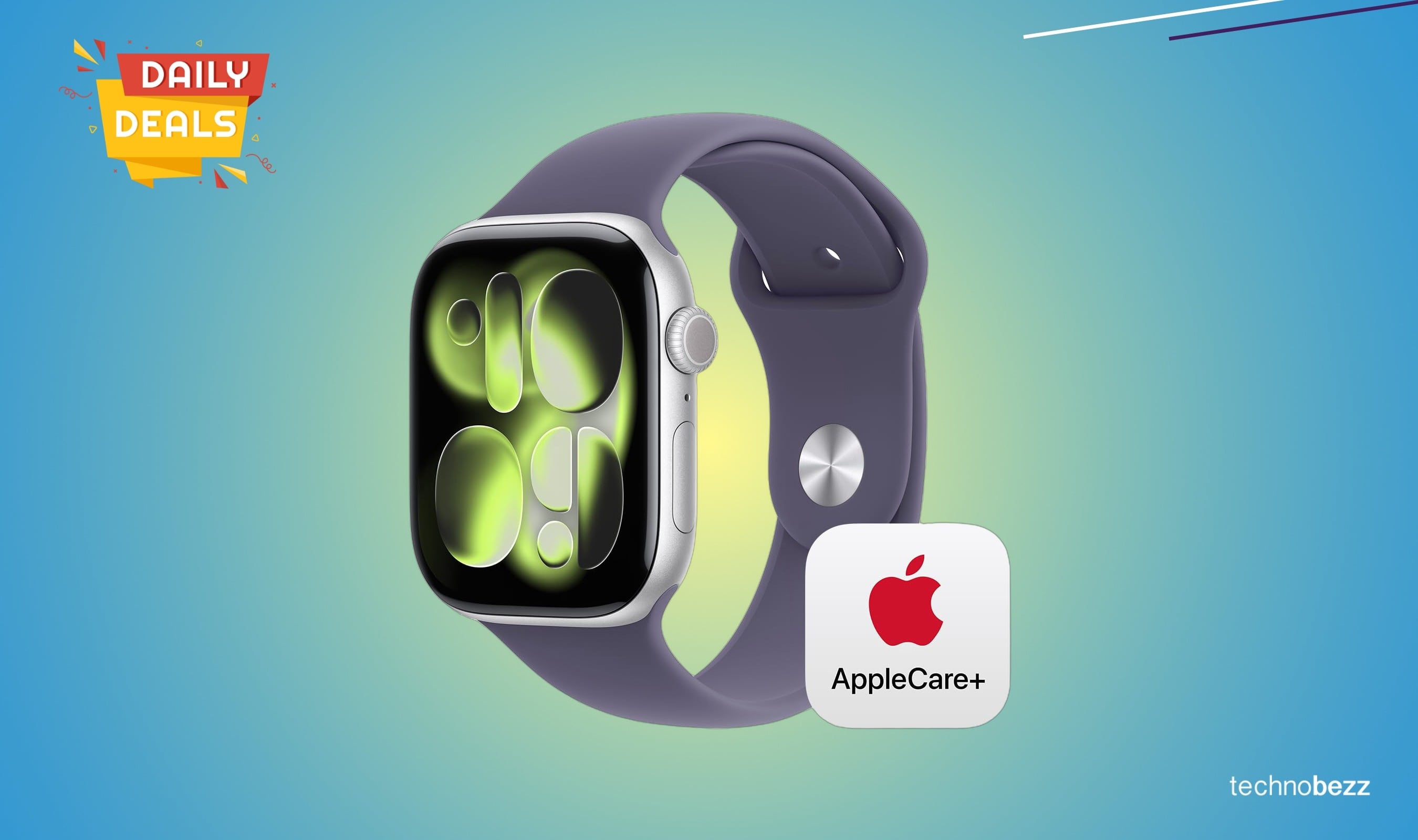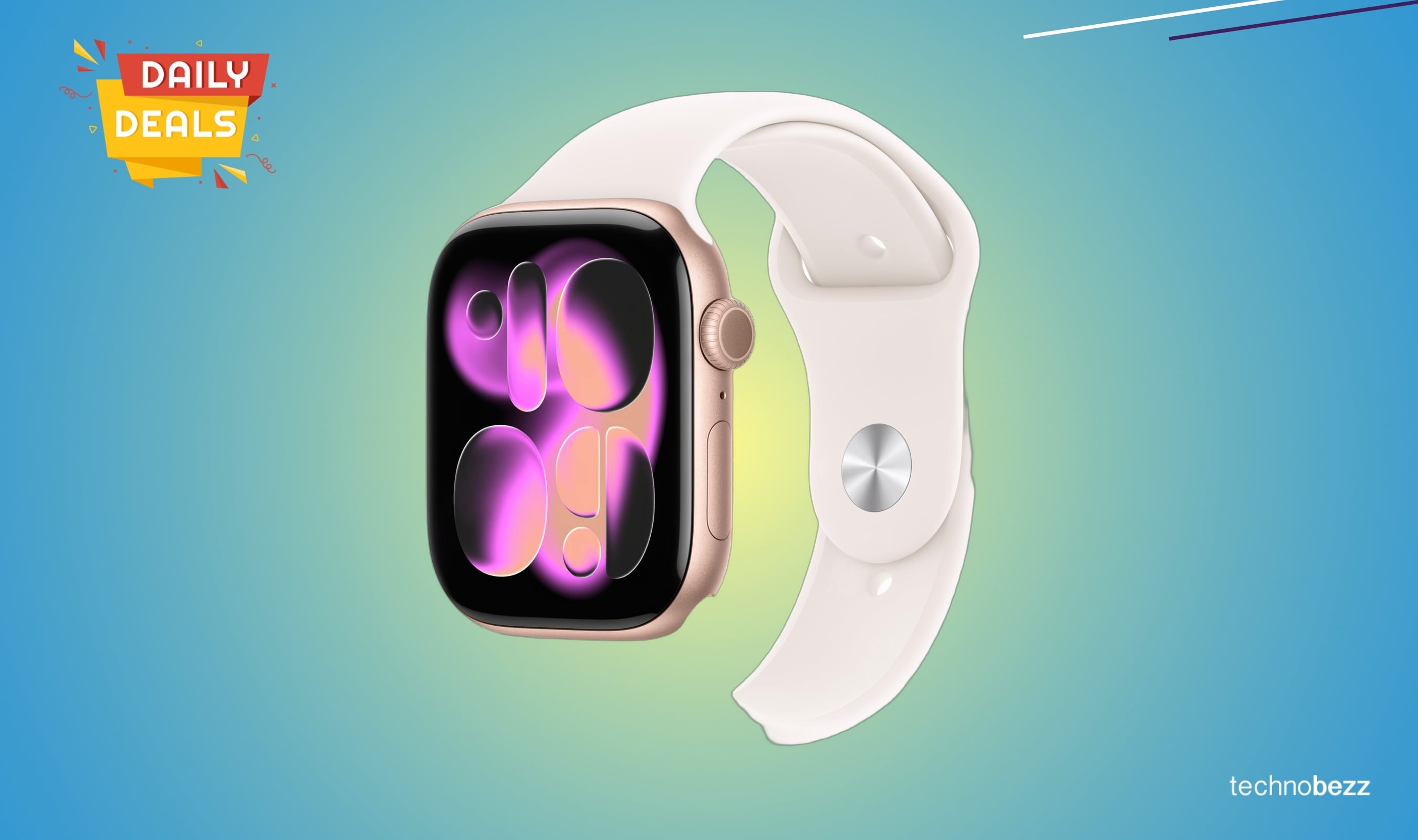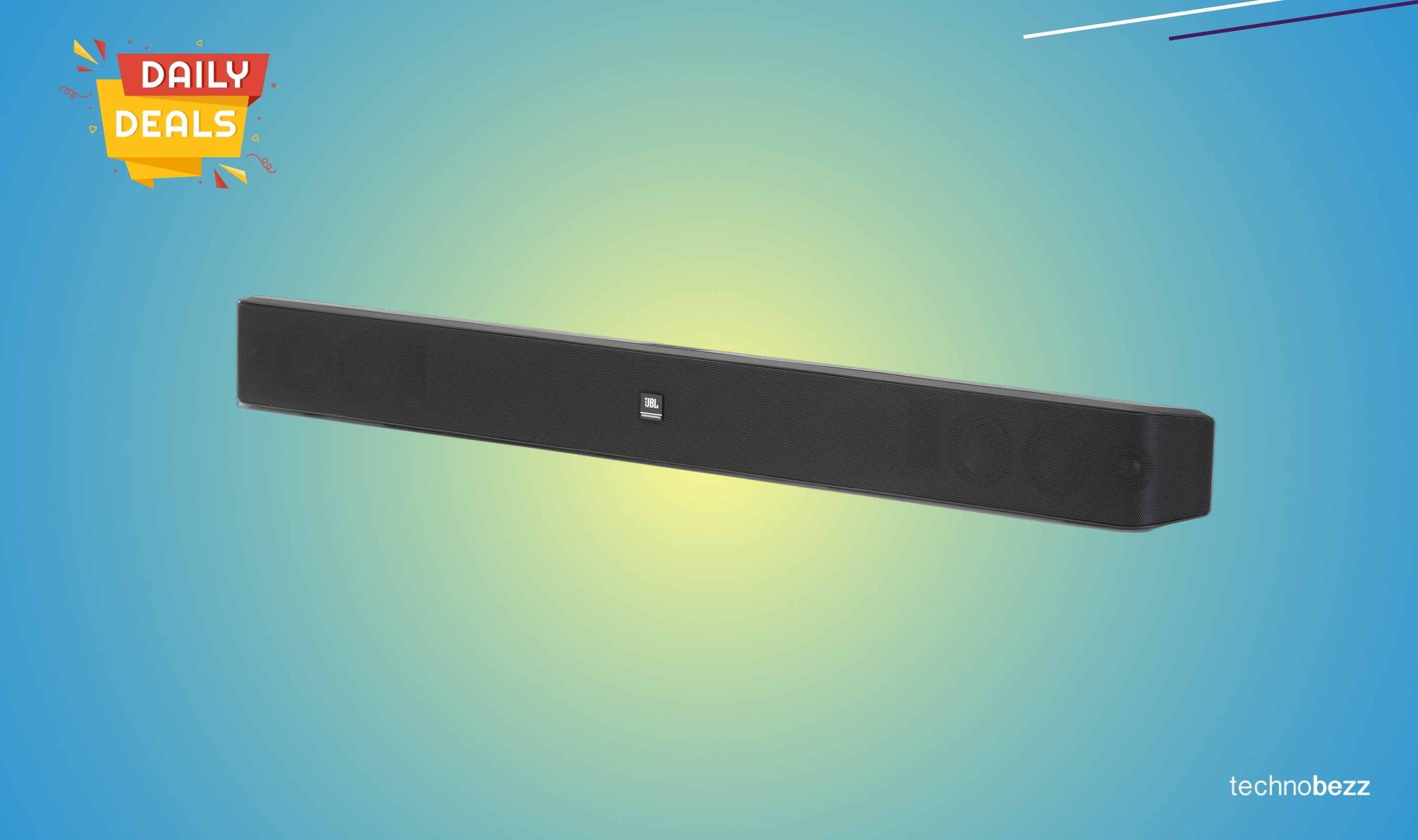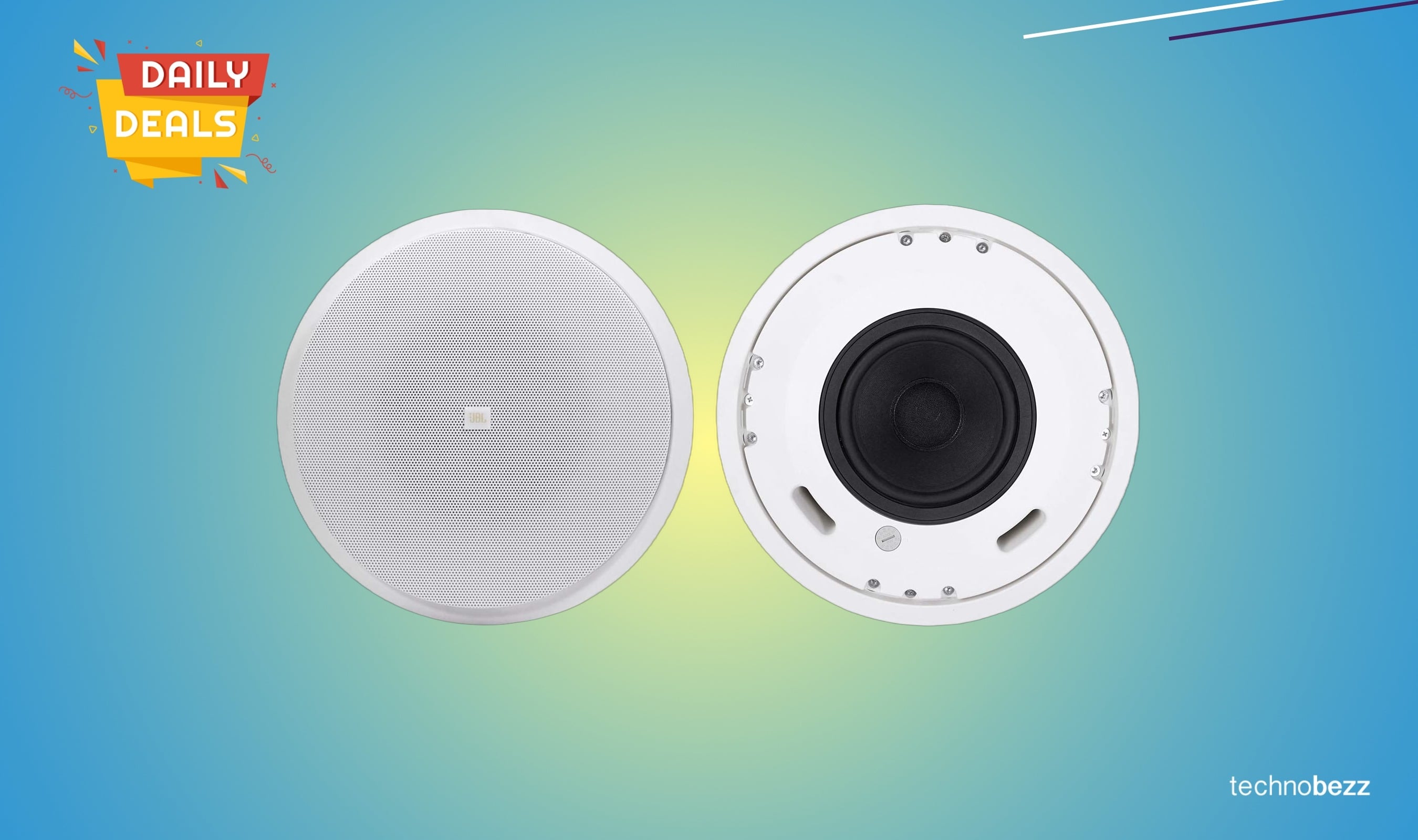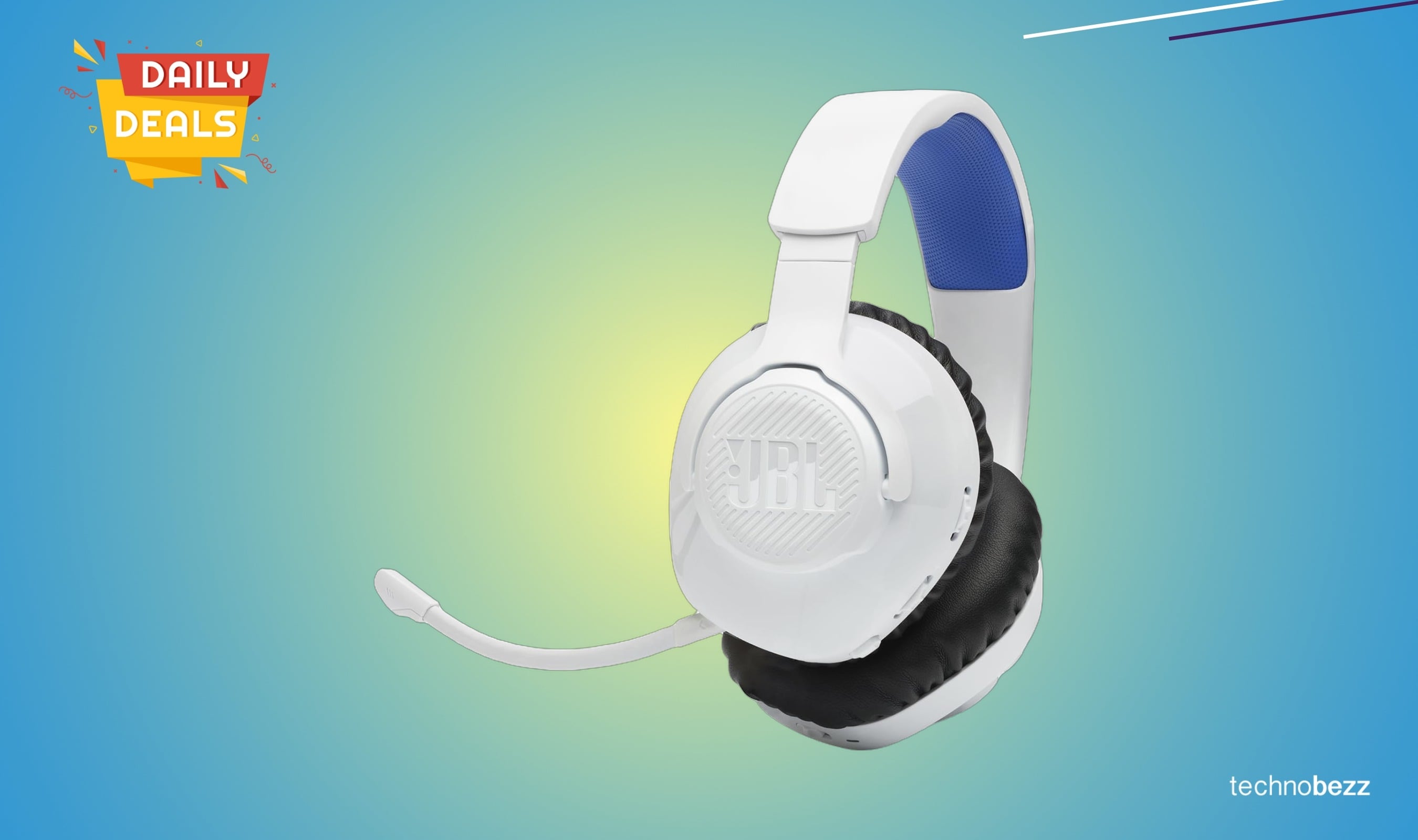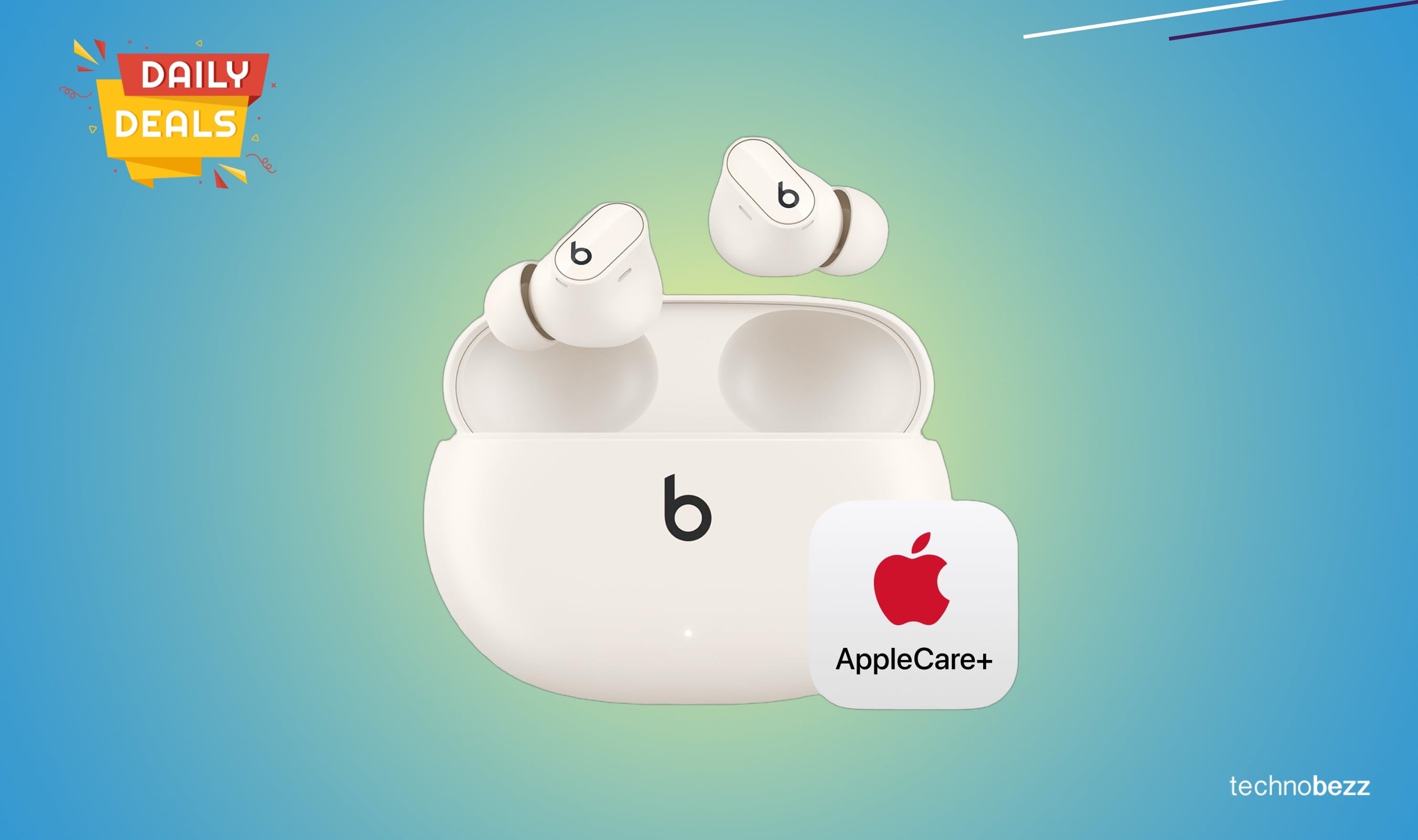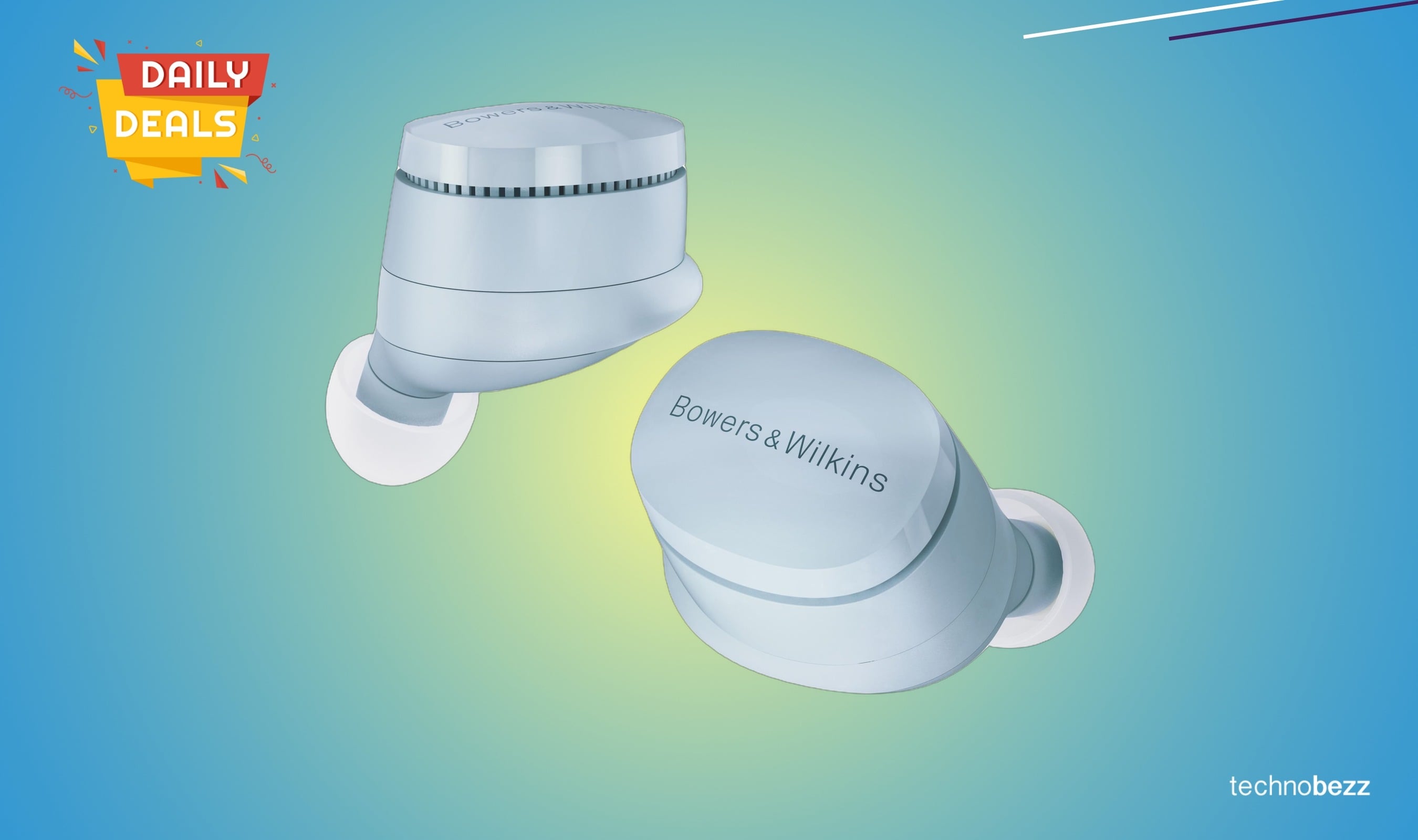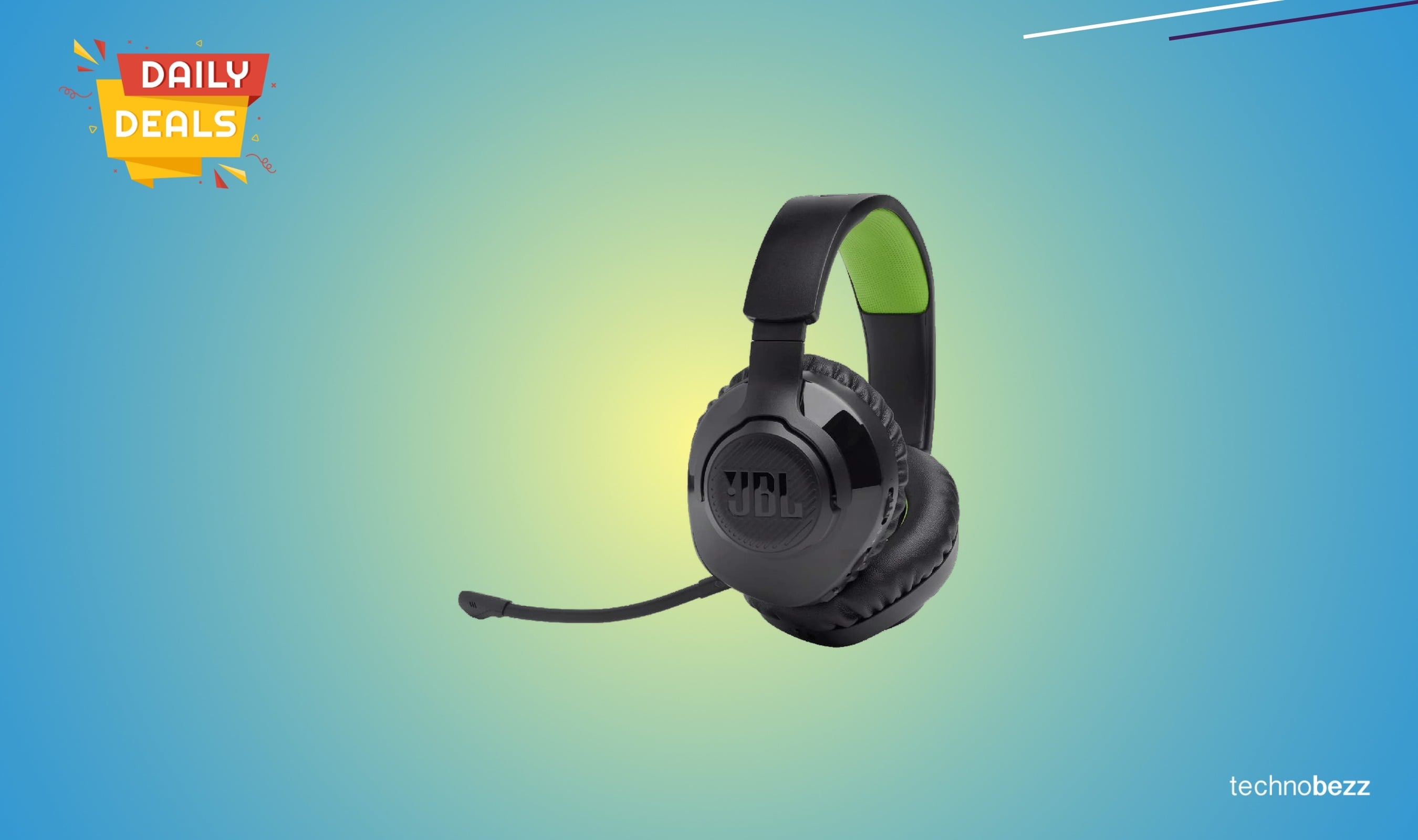Google has surprisingly made its Quick Share feature compatible with Apple's AirDrop, starting with the Pixel 10 phones. This enables file transfer between Android devices and iPhones, though it's through Quick Share compatibility rather than direct AirDrop access.
Pixel 10 owners can now see nearby Apple devices when sharing files, while iPhone users receive standard AirDrop requests from Google phones. According to Google's security blog post, "This feature does not use a workaround; the connection is direct and peer-to-peer, meaning your data is never routed through a server, shared content is never logged, and no extra data is shared." The development, delivered without prior hints or collaboration with Apple, has implications far beyond a routine feature rollout.
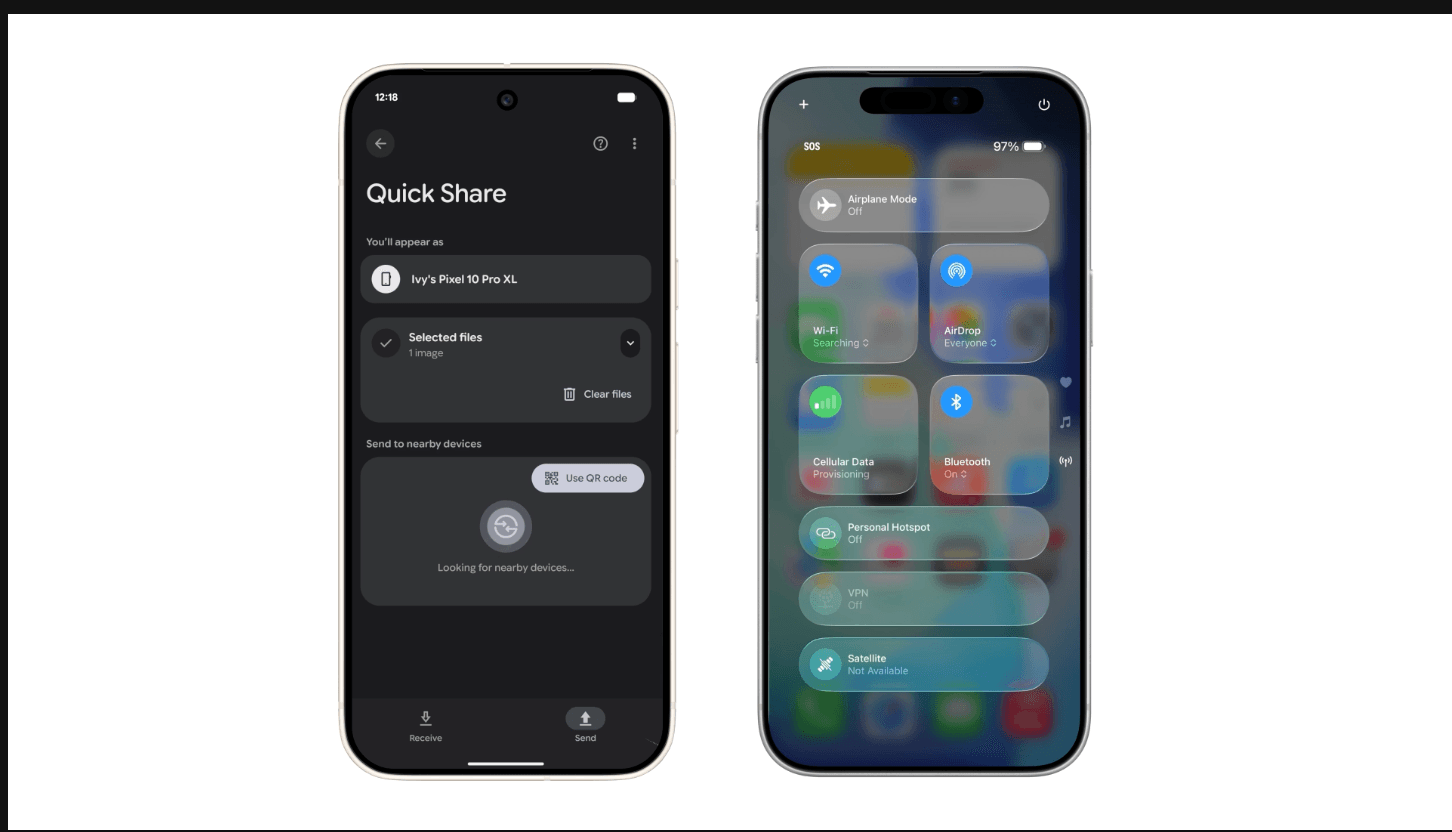
Now Google's chipping away at file sharing, one of the last remaining exclusive features that kept iPhone users locked into Apple's ecosystem. For years, AirDrop has been exclusive to Apple devices, operating as a proprietary tool central to the company's tightly controlled ecosystem. The idea of seamless file transfer between Android and iOS devices seemed like a distant dream - until now.
This breakthrough comes at a time when Apple's walled garden is facing unprecedented pressure from multiple fronts. The Justice Department, joined by 16 other state and district attorneys general, filed a sweeping antitrust lawsuit against Apple on March 21, 2024, accusing the tech giant of engineering an illegal monopoly in smartphones that boxes out competitors, stifles innovation and keeps prices artificially high.
According to the DOJ's lawsuit, Apple has constructed its garden in such a way that it effectively locks users in. The strategy has helped Apple attain an annual revenue of nearly $400 billion and a market value approaching $4 trillion. Apple's shares have risen by approximately 15% this year, climbing alongside the broader stock market to near all-time highs, with Apple maintaining its position as one of the world's most valuable companies alongside Microsoft and Nvidia in 2025.
Apple's answer to increasing competition has been to build the walls of its garden higher and higher, making sure customers use its own products and nothing else. Despite its best efforts to diversify, iPhone sales still make up a substantial chunk of Apple's sales, though the Services segment has grown significantly.
In Apple's fiscal 2025 full year results, it reports net sales of $416.2 billion, with approximately $209.6 billion attributed to the iPhone. Services - the second-highest business segment - contributed over $100 billion annually, marking a major milestone. In the most recent Q4 2025 quarter ending September 27, 2025, iPhone revenue was $49.02 billion while Services reached a record $28.75 billion out of total quarterly revenue of $102.5 billion.
Meanwhile, Google has been positioning itself as the champion of user freedom and interoperability. The company's Cloud Composer platform is built upon Apache Airflow, giving users freedom from lock-in and portability. Google's approach contrasts sharply with Apple's closed ecosystem strategy, emphasizing open standards and cross-platform compatibility.
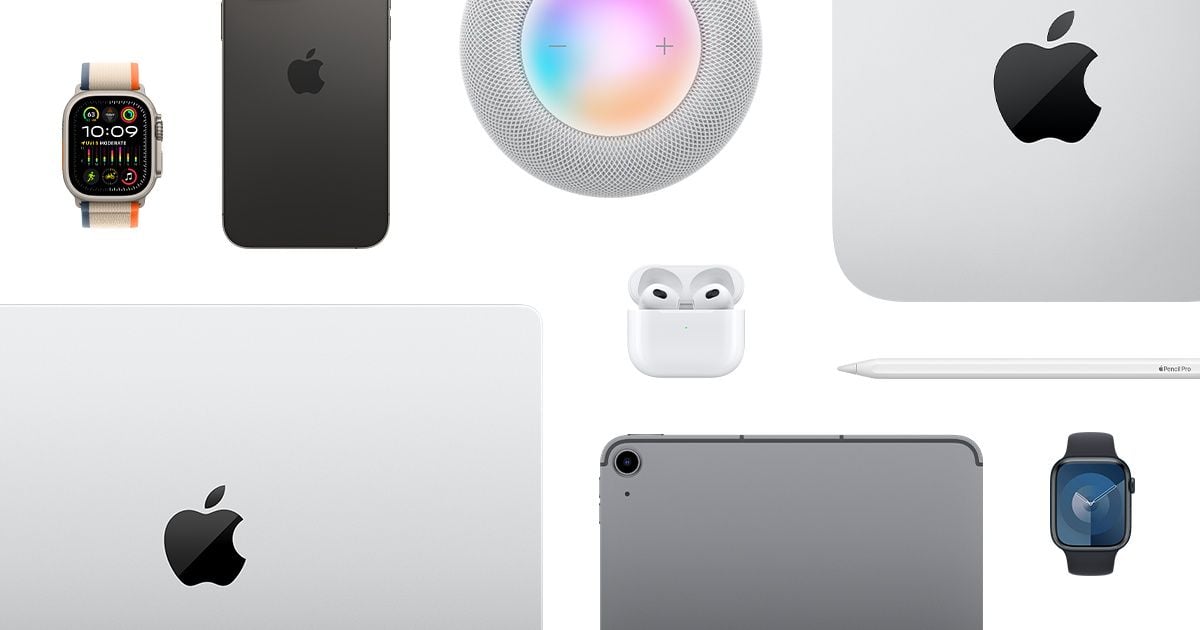
Industry observers are watching to see how quickly Google will extend AirDrop support to other Android manufacturers and whether Apple will contest this move, either legally or through future platform changes. The EU has mandated adoption of Wi-Fi Aware 4.0 in iOS 26, opening a technical pathway for interoperability that Google appears to be leveraging.
Apple's ability to preserve its proprietary products, services and platform advantages will be increasingly tested as global oversight intensifies. The walls of Apple's garden are showing cracks, and Google's latest move demonstrates that even the most exclusive features aren't safe from interoperability pressures.
As one mobile security expert noted, while Apple needs reigning in, there are concerns that the Justice Department's focus on messaging may be misplaced and could weaken security and privacy. The balance between user freedom and platform security remains one of the most challenging questions in modern tech policy.
What's clear is that the battle for user freedom is heating up, and both companies are taking dramatically different approaches. Apple continues to refine its walled garden, while Google pushes for greater openness and interoperability. The outcome of this struggle will shape how billions of people interact with technology for years to come.


